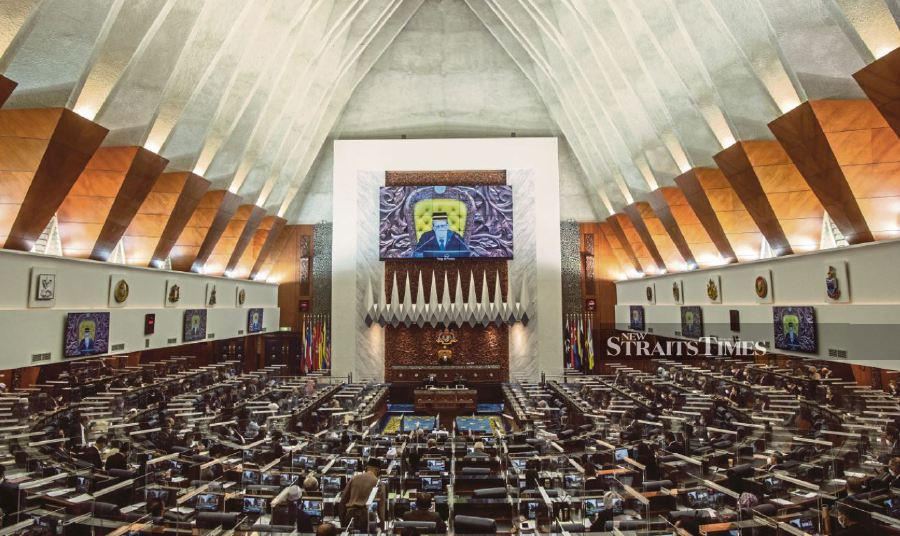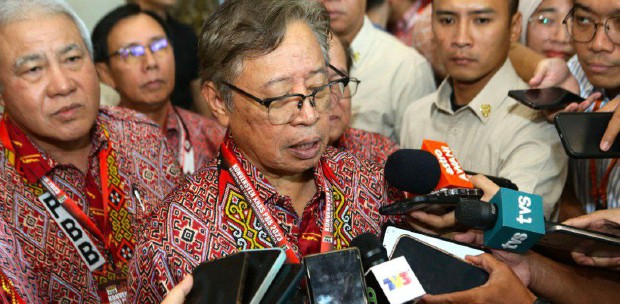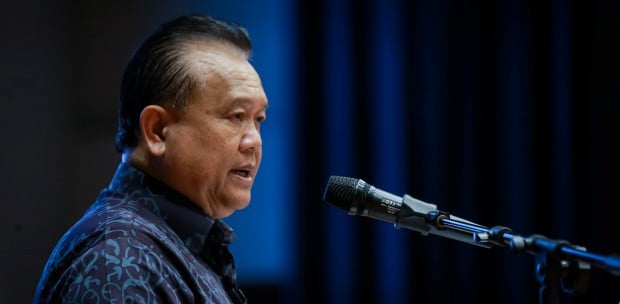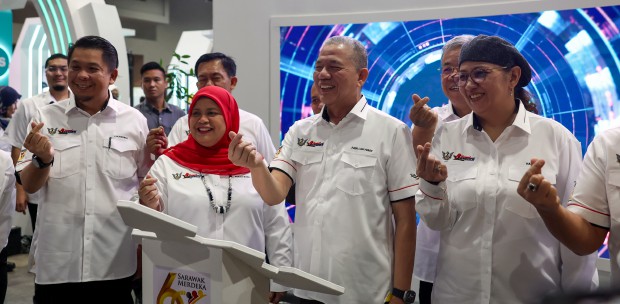Malaysians and the country as a whole are counting the costs of all the political disruptions of recent weeks.
Political instability carries with it a heavy price tag, both seen and unseen. Nowhere is this clearer than in Sarawak.
Datuk Seri Fadillah Yusof, who has now served two stints as works minister, should know. In his first stint, under Barisan Nasional, he presided over the rollout of the Pan-Borneo Highway, the most significant infrastructure project ever undertaken in Sarawak and Sabah.
When Pakatan Harapan (PH) took over the national government in 2018, the Sarawak portion of the project proceeded apace with minimal disruption until towards the tail-end of the new government when it decided to do away with the project-delivery-partner mode of project implementation, ostensibly to reduce construction costs.
Fadillah has revealed that the switch has caused a one-year delay to the highway's completion, now scheduled for September 2022. The fear is that another change in government may further push back the completion deadline. Time, of course, means money.
The current Covid-19 pandemic adds to the completion challenges as supply bottlenecks, manpower constraints (particularly relating to hiring of foreign workers) and escalating cost of construction materials pile up. Ironically, the project implementation change introduced by the PH government which was then hailed as a money-saving measure will now result in additional costs as a result of the delay.
Speaking in Miri over the weekend, Fadillah said: "when they (the PH government) changed the method (of implementation), the project was extended for another year. The rakyat are at a loss and, secondly, the country because our economy is affected. I hope anyone who will form the new federal government does not change the implementation method. We have to learn from the past…."
Increasingly, Malaysians in the Borneo states are questioning if taking a relatively hands-off attitude to the rumblings in national politics is well-advised. A common enough popular refrain is that this is a problem in the "far-away" peninsula that affects Sarawakians and Sabahans little.
But, others from Sarawak, particularly those now living and working in the peninsula and who may have a better "feel" of national politics, seems to want greater involvement by Sarawak and Sabah politicians and parties in the ongoing polarising national political debate, as a moderating influence, of course.
There is some palpable sense that the two eastern states, which together contribute a quarter of all members of parliament, are not making the most of their supposed king-maker role in the present fractured state of national politics. And when they do press their political advantage, often it is to further parochial interests by demanding various federal concessions.
As we commemorate the 58th Malaysia Day next month, it is perhaps an opportune moment for Sarawak and Sabah to reflect on whether they should just content themselves with being bit players on the national political stage or if they should be making their voices heard more forcefully on national issues, commensurate with their parliamentary numbers.
One constraint towards the two states making a more forceful political impact nationally may be the fact that political representation from both states nationally has also become rather fractured. Sarawak's ruling coalition, the Gabungan Parti Sarawak, may be the most cohesive political grouping but it now controls just a little over half of the state's 31 parliamentary seats.
It is, therefore, a valid question to ask if national politics is actually impacting politics in Sarawak and Sabah rather than the other way round, and if a plausible case can be made for political leaders from both states to more positively impact national politics. The end of the monopoly on national power by a single coalition may cause political uncertainty to be somewhat prolonged, even after the next general election.
Sarawak and Sabah leaders must, henceforth, exercise greater national statesmanship because, as the saga of the Pan-Borneo Highway illustrates, we are all in this together as a nation.
The writer views developments in the nation, region and wider world from his vantage point in Kuching, Sarawak.
The views expressed in this article are the author's own and do not necessarily reflect those of the New Straits Times






